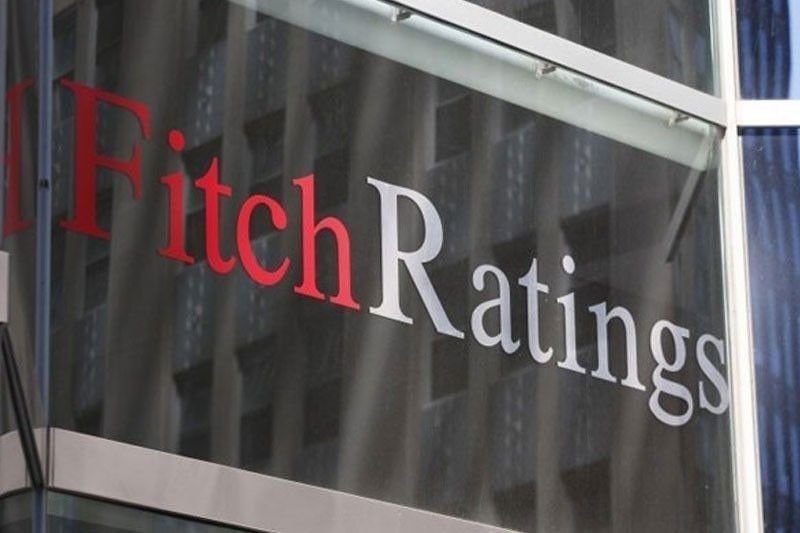Economy may grow above 6 percent – Fitch Fitch

MANILA, Philippines — Fitch Ratings sees the Philippine economy growing above six percent over the medium term, enough to affirm the country’s investment grade BBB credit rating and stable outlook.
The debt watcher said the rosy outlook was supported by large investments in infrastructure and reforms to foster trade and investment, including through public-private partnership.
“We forecast real GDP growth of above six percent over the medium term, considerably stronger than the BBB median of three percent,” Fitch said.
The Philippine economy rebounded with a strong 5.9 percent in the third quarter, fueled by government spending, after easing for three consecutive quarters at 4.3 percent in the second quarter.
“Growth in the first nine months averaged 5.5 percent year-on-year. The strong performance in the third quarter largely offset a decline in activity in the second quarter, which was driven by weak government spending execution,” Fitch said.
The expansion during the nine-month period is well below the six to seven percent target penned by economic managers through the Development Budget Coordination Committee (DBCC).
A rating of BBB sits above the minimum investment grade and suggests that expectations of default risk are low. It also indicates the ability of the country to meet its financial commitments.
The credit rating agency revised the Philippines’ credit rating outlook to stable from negative on May 22, meaning Fitch is not likely to change its rating over a one- to two-year period.
Fitch’s latest decision recognizes the Philippines’ strong medium-term growth prospects, gradually declining debt, macroeconomic stability and sound economic policies.
According to the debt watcher, the general government deficit of the Philippines may narrow to 3.8 percent of GDP by 2025, after edging up to 5.4 percent of GDP in 2022 on stronger spending by local government units.
This is consistent with a narrowing of the budgetary central government deficit to 4.9 percent of GDP by 2025 from 7.3 percent of GDP in 2022 as authorities’ focus on fostering economic growth and development.
Fitch said the national government is projecting a budget deficit of 4.1 percent of GDP by 2025, driven by spending efficiency gains, reductions in capital spending and modest new tax measures.
“We see limited potential for the government to outperform its revenue forecasts in the absence of bolder tax reforms, and the government would likely use any excess revenue to accelerate spending, as in recent years. Overall budget balance outturns have tended to be close to targets in recent history,” it said.
The credit rating agency also sees the general government debt-to-GDP ratio declining to 54 percent after peaking in 2023-2024, in line with projections for the BBB median.
Amid macroeconomic stability, Fitch cited sticky inflation that averaged 6.5 percent from January to October, well above the two to four percent target set by the Bangko Sentral ng Pilipinas (BSP).
“We expect consumer price inflation to moderate to 3.5 percent by 2025, near the upper end of the central bank’s inflation target range, from 5.8 percent in 2022,” Fitch said.
The BSP has raised key policy rates, including another 25-basis-point off-cycle hike on Oct. 26, to prevent supply-side price pressures from inducing additional second-round effects and further dislodging inflation expectations.
“We continue to view the central bank’s inflation-targeting framework and flexible exchange rate regime as credible. Last year’s interventions to mitigate peso volatility have been reversed. Monetary financing to the government during the pandemic was more limited and reversed more quickly than in some peers,” Fitch said.
BSP Governor Eli Remolona Jr. welcomed Fitch’s recognition of the work being done by the central bank to bring inflation back to within the target range.
“The BSP will remain data-dependent in managing inflation expectations in an effort to avoid the second-round effects of supply shocks,” Remolona said.
- Latest
- Trending





























